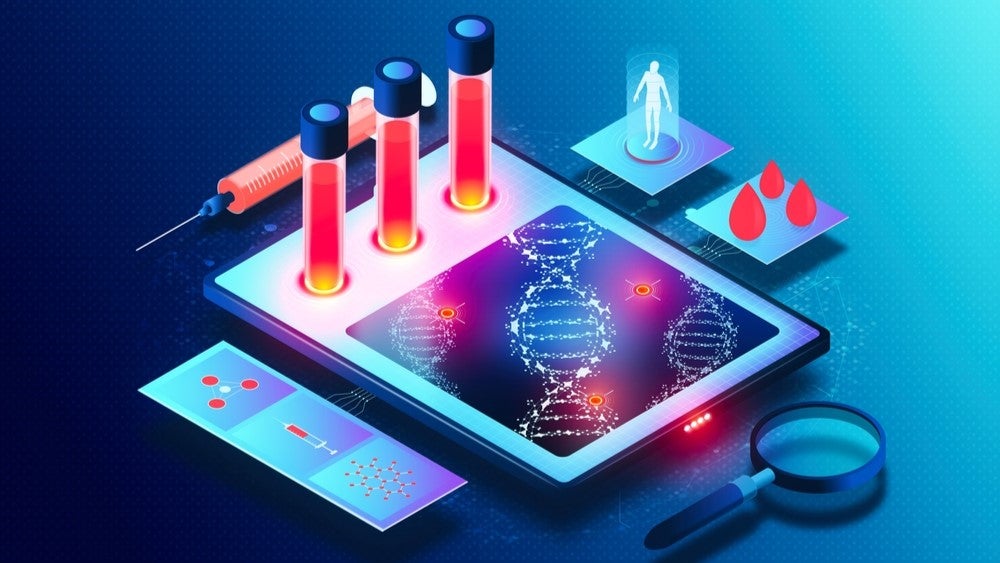Personalis has launched the Early Access Program for NeXT Personal Dx, a liquid biopsy laboratory-developed test for detecting molecular residual disease (MRD) and recurrence in cancer.
NeXT Personal Dx is a whole genome sequencing test that detects circulating tumour DNA (ctDNA) molecules. It also reports molecular characteristics of each patient’s tumour, thereby facilitating personalised cancer treatment.
“Our ultra-sensitive NeXT Personal Dx test has the ability to reveal previously hidden traces of residual cancer, helping to reduce uncertainty for physicians and patients,” said Personalis president and CEO Chris Hall.
“We’re excited to work with oncologists through this early access programme to detect cancer even earlier and increase confidence in clinical decisions. We have several MDs that have expressed interest and we are already receiving samples.”
As per GlobalData’s Clinical Trials Database, there are currently 1,490 active clinical trials for in vitro diagnostics (IVD) devices, 569 trials of these are oncology diagnostic devices. The global market for cancer diagnostic tests is forecasted to be worth $239.2bn in 2025, as per the AI hub on GlobalData's Medical Device Intelligence Centre.
NeXT Personal Dx has over 99.9% specificity and can detect down to 1x10-⁶ tumour fraction. The test can also be used to monitor the immunotherapy response to cancer therapies.
The data from the device study in detecting MRD and recurrence in patients with early-stage lung cancer showed that the NeXT Personal Dx can detect lung cancer with greater sensitivity and can identify cancer recurrence with a median lead time of about six to 11 months ahead of traditional imaging.









